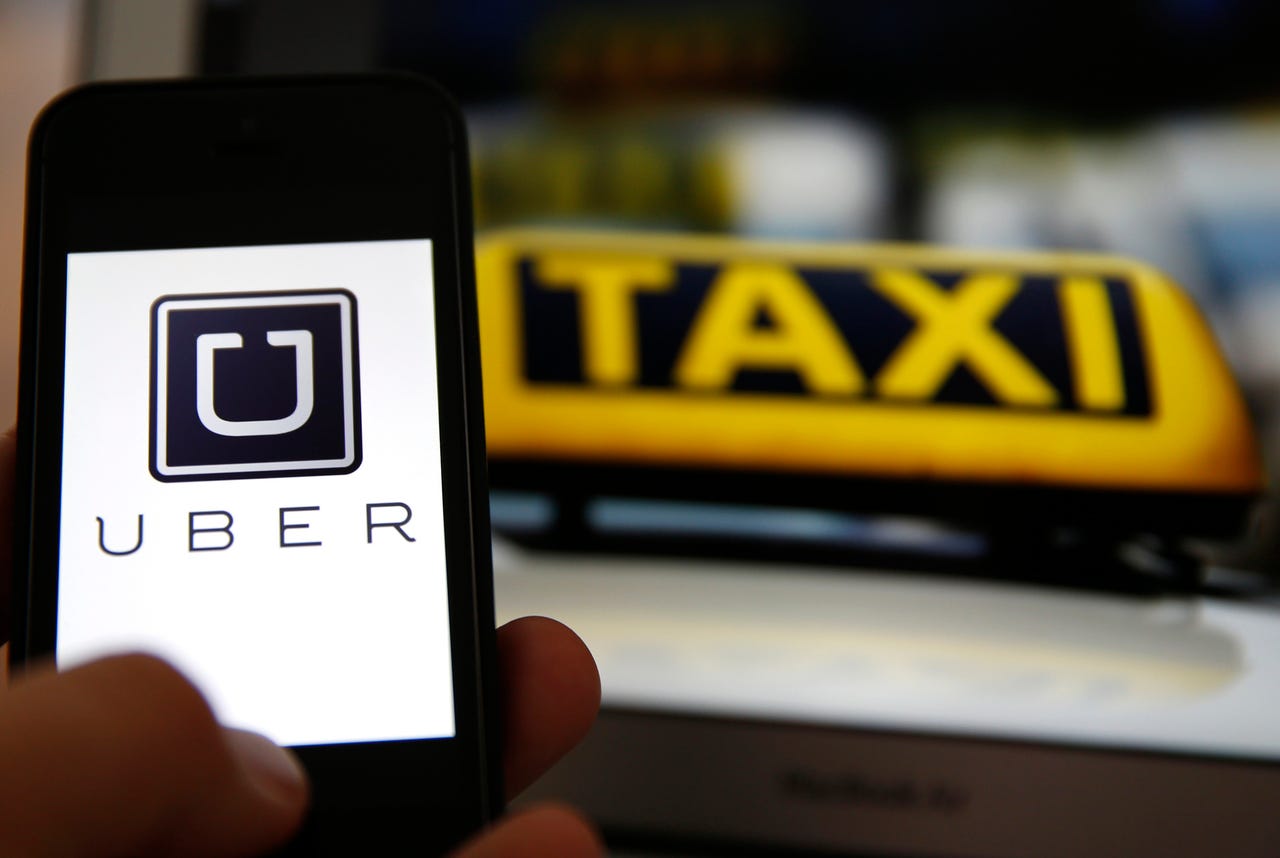If you make money from Uber or Airbnb, what about paying tax? Italy thinks it has the answer


An Italian bill creates a fiscal category called 'income from non-professional sharing-economy activity' -- such as certain Uber services -- which will be taxed at a flat rate up to €10,000.
.
It's been almost a year since an Italian court banned Uber's UberPOP app. Finding that the service created "unfair competition", the ruling came as yet more evidence of the challenges and uncertainties that surround the so-called sharing economy in many countries.
Now, some 12 months later, a multi-partisan group of Italian MPs think the time has come to remove some of the controversies about a sector that, according to a European Parliament's study, could generate in €572bn ($648bn) in annual consumption in the EU if properly regulated.
That's why in March they introduced a bill that they argue is the first in Europe to approach the collaborative economy in a systematic way, from competition issues, to consumer protection and fiscal policy.
Read this
"The sharing economy is rich with opportunities, and we want to help it grow but in a clearly-defined, normative environment," bill sponsor Veronica Tentori tells ZDNet.
The central provisions of the proposed law, which will be online open for comments until the end of May, revolve around those users who use collaborative platforms to offer goods and services.
"The main beneficiaries of our proposal should be the people who are not professionals and use the sharing economy sites and apps as a way to integrate their income," Tentori says. "We want to give these users more guarantees and help them grow in larger numbers."
To this end, the bill creates a specific fiscal category called 'income from non-professional sharing-economy activity', which will be taxed at a flat rate of 10 percent until it reaches €10,000 ($11,300) per year. Beyond that cap, such earnings will add to a person's other income and be taxed accordingly.
The platforms will also act as withholding agents for the users, which should further encourage participation. "If you stay under the €10,000 cap, not only do you benefit from a flat tax rate but you also get relieved of a good deal of fiscal bureaucracy," Tentori says.
Given the diversity of activities and services, from finance to task assignments, that are commonly considered part of the sharing economy, it has not always been easy to define the boundaries of the sector. The Italian bill tries to disperse some of the fog by laying down several criteria a company has to meet to be a legitimate part of the sharing economy.
First of all, the goods that are shared and generate value, such as cars or apartments, must be owned by the users and not by the platform. Plus, users should not be employees of the company nor treated as such, and for that reason the bill states that their activity cannot be monitored by any type of software or device.
Finally, rates cannot be imposed, but only suggested and ultimately left to the discretion of the user offering the service. That such a provision would de facto exclude Uber's UberPOP service as currently conceived, doesn't seem to worry the sponsors of the bill.
"Our goal is to prevent any kind of disguised employment relationship within what we define as sharing economy," bill co-sponsor Stefano Quintarelli tells ZDNet.
The bill also states that a company willing to meet all these criteria should submit a policy statement to be approved by the Italian antitrust authority.
With the authority's nod, the company officially becomes part of the sharing economy and its users can enjoy the flat tax rate and be guaranteed that their activity will not be considered 'professional'.
That classification means they will be awarded a different legal status from, say, licensed cab drivers, hotels, and car-rental services.
"Right now, whatever service you are offering, you are subject to the laws of the related sector: it doesn't matter if you are a professional or you do it only twice a year," Quintarelli adds.
"With the system we propose, once a platform is registered, that fact makes it clear that the people who operate through it are non-professional and involved in sharing-economy activities. Therefore, according to some legal precedents from different sectors, they could enjoy special legislation and special fiscal treatment."
The Italian bill comes at a time when the European Commission is still working on its guidelines on how member countries should apply the existing EU legislation on the sharing economy.
The publication of the EC document is expected by mid-year and is being awaited with some apprehension by the biggest players in the field, which recently asked the EU to make sure that national laws won't "limit the development of the collaborative economy".
In this scenario, the Italian MPs hope their proposal could provide some food for thought for the EU's executive body. "We would be glad to contribute to the debate at the European level and to suggest solutions," Tentori says.